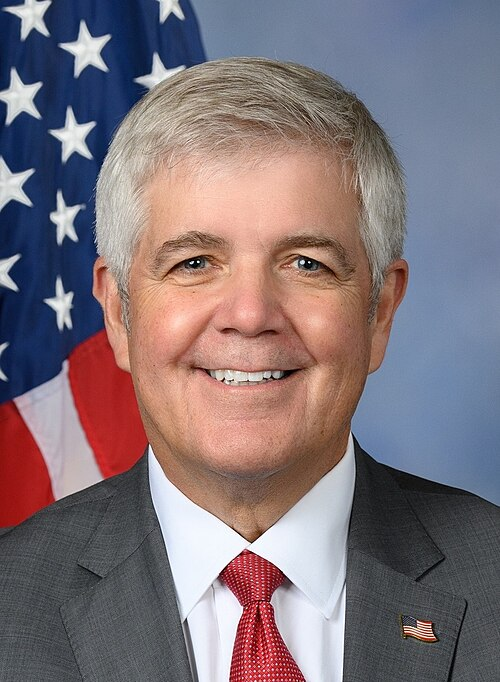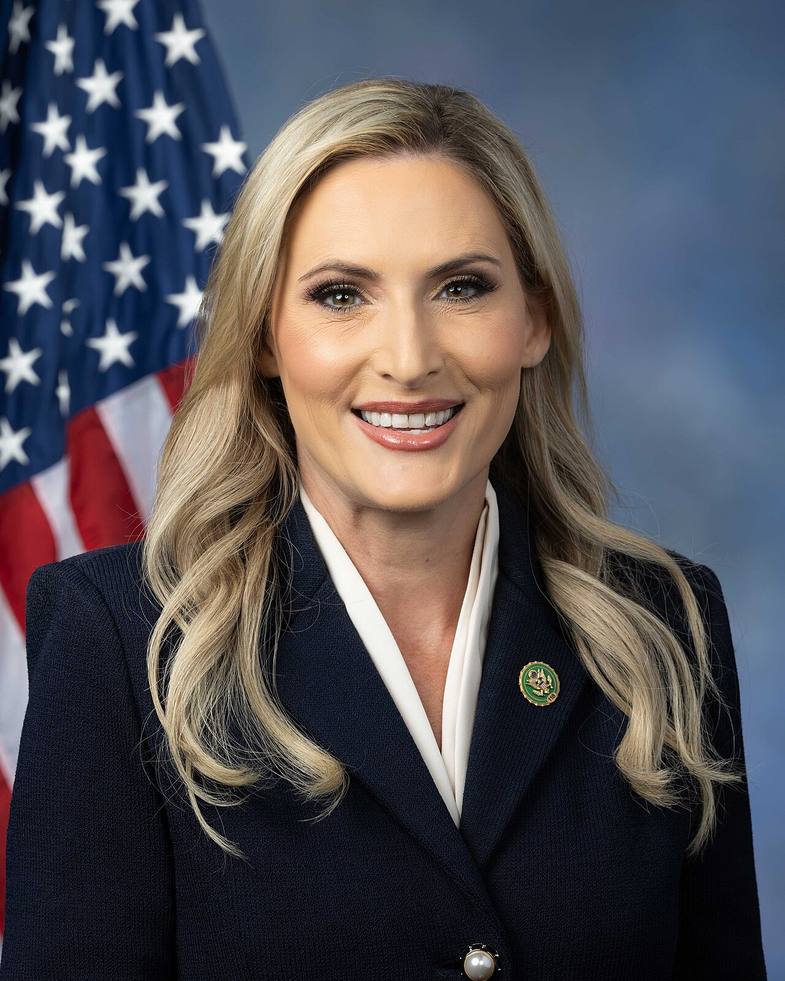H.R. 3916: My Body, My Data Act of 2025
This bill, titled the My Body, My Data Act of 2025, aims to protect the privacy of personal reproductive and sexual health information. Here are the main provisions of the bill:
Scope of the Bill
The bill defines "personal reproductive or sexual health information" as any information related to an individual's reproductive or sexual health, including but not limited to:
- Health conditions and diagnoses, such as pregnancy and sexually transmitted diseases.
- Use or purchase of reproductive health services, contraception, and medications.
- Information inferred from data related to reproductive health.
Collection and Use of Information
The bill stipulates that regulated entities (such as businesses that provide health-related services) may only collect, use, retain, or disclose personal reproductive or sexual health information when it is strictly necessary to provide requested services. Furthermore, access to such information must be limited to employees who need it to fulfill that specific purpose.
Individual Rights
The bill establishes several rights for individuals regarding their personal reproductive or sexual health information:
- Right of Access: Individuals can request and receive details about their retained personal information, including how it was collected and shared.
- Right of Correction: Individuals may request corrections to inaccurate information.
- Right of Deletion: Individuals can request the deletion of their personal information.
Entities must respond to these requests within 15 days and cannot charge individuals for these requests.
Privacy Policies
Regulated entities are required to maintain and publicly publish a privacy policy that clearly outlines their data practices. This policy must include:
- Descriptions of data collection, use, and sharing practices.
- Categories of data collected and the purposes for collection.
- Information on third parties with whom data may be shared.
Prohibition Against Retaliation
The bill prohibits regulated entities from retaliating against individuals who exercise their rights under the act. This includes unfair treatment, such as denying services or charging higher prices, based on the exercise of those rights.
Enforcement
The Federal Trade Commission (FTC) is given authority to enforce the regulations set forth in this bill. Violations may be treated as unfair or deceptive practices under current FTC regulations. Individuals may also bring civil actions for violations, with possible damages awarded ranging from $100 to $1,000 per day, or actual damages, whichever is greater.
Definitions and Context
Regulated entities are defined broadly, including various businesses engaged in commerce, but exclude entities governed by existing HIPAA regulations. This bill aims to provide specific protections around reproductive health data, which may not be adequately protected under current laws.
Relationship to Other Laws
The bill explicitly states that it does not preclude state or federal laws that provide greater privacy protections. Additionally, it preserves First Amendment rights, ensuring that the act does not conflict with free speech.
Relevant Companies
- AMGN (Amgen Inc.): As a biotech company involved in health care, Amgen may need to adjust data practices related to the collection and handling of reproductive health data.
- DANR (Danaher Corporation): This company provides medical and diagnostic products and may be impacted in its data management processes concerning reproductive health information.
- PFE (Pfizer Inc.): Pfizer, a major pharmaceutical company, may need to comply with stricter regulations regarding the collection and use of reproductive health data related to its products and services.
This is an AI-generated summary of the bill text. There may be mistakes.
Sponsors
96 bill sponsors
-
TrackSara Jacobs

Sponsor
-
TrackJake Auchincloss

Co-Sponsor
-
TrackBecca Balint

Co-Sponsor
-
TrackNanette Diaz Barragán

Co-Sponsor
-
TrackSuzanne Bonamici

Co-Sponsor
-
TrackShontel M. Brown

Co-Sponsor
-
TrackJulia Brownley

Co-Sponsor
-
TrackJanelle Bynum

Co-Sponsor
-
TrackSalud O. Carbajal

Co-Sponsor
-
TrackAndré Carson

Co-Sponsor
-
TrackGreg Casar

Co-Sponsor
-
TrackSean Casten

Co-Sponsor
-
TrackJudy Chu

Co-Sponsor
-
TrackSteve Cohen

Co-Sponsor
-
TrackJim Costa

Co-Sponsor
-
TrackJasmine Crockett

Co-Sponsor
-
TrackDanny K. Davis

Co-Sponsor
-
TrackMark DeSaulnier

Co-Sponsor
-
TrackSuzan K. DelBene

Co-Sponsor
-
TrackChristopher R. Deluzio

Co-Sponsor
-
TrackMaxine Dexter

Co-Sponsor
-
TrackLloyd Doggett

Co-Sponsor
-
TrackVeronica Escobar
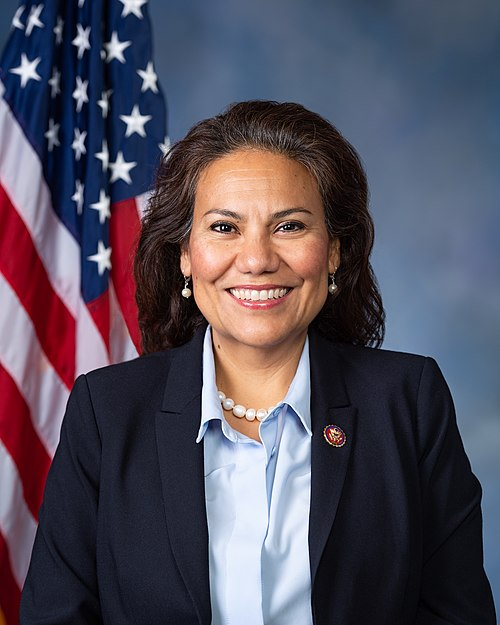
Co-Sponsor
-
TrackDwight Evans

Co-Sponsor
-
TrackLizzie Fletcher

Co-Sponsor
-
TrackLois Frankel

Co-Sponsor
-
TrackJohn Garamendi

Co-Sponsor
-
TrackSylvia R. Garcia
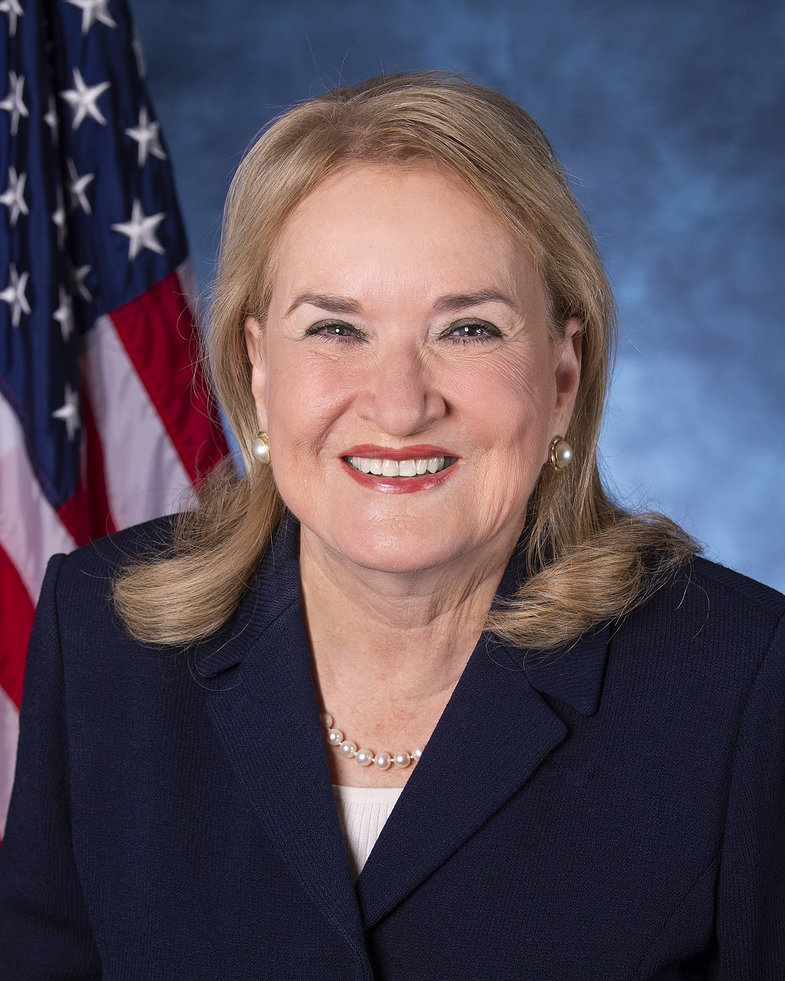
Co-Sponsor
-
TrackJesús G. "Chuy" García

Co-Sponsor
-
TrackJared F. Golden

Co-Sponsor
-
TrackDaniel S. Goldman

Co-Sponsor
-
TrackJimmy Gomez

Co-Sponsor
-
TrackJosh Gottheimer

Co-Sponsor
-
TrackJahana Hayes

Co-Sponsor
-
TrackSteven Horsford

Co-Sponsor
-
TrackJared Huffman

Co-Sponsor
-
TrackPramila Jayapal

Co-Sponsor
-
TrackJulie Johnson

Co-Sponsor
-
TrackHenry C. "Hank" Johnson, Jr.

Co-Sponsor
-
TrackSydney Kamlager-Dove

Co-Sponsor
-
TrackWilliam R. Keating

Co-Sponsor
-
TrackRobin L. Kelly

Co-Sponsor
-
TrackRaja Krishnamoorthi

Co-Sponsor
-
TrackGeorge Latimer

Co-Sponsor
-
TrackSummer L. Lee

Co-Sponsor
-
TrackTeresa Leger Fernandez

Co-Sponsor
-
TrackMike Levin

Co-Sponsor
-
TrackSeth Magaziner

Co-Sponsor
-
TrackDoris O. Matsui

Co-Sponsor
-
TrackSarah McBride

Co-Sponsor
-
TrackJennifer L. McClellan

Co-Sponsor
-
TrackBetty McCollum

Co-Sponsor
-
TrackMorgan McGarvey

Co-Sponsor
-
TrackJames P. McGovern

Co-Sponsor
-
TrackLaMonica McIver

Co-Sponsor
-
TrackGrace Meng

Co-Sponsor
-
TrackKweisi Mfume

Co-Sponsor
-
TrackDave Min

Co-Sponsor
-
TrackGwen Moore

Co-Sponsor
-
TrackJoseph D. Morelle

Co-Sponsor
-
TrackSeth Moulton
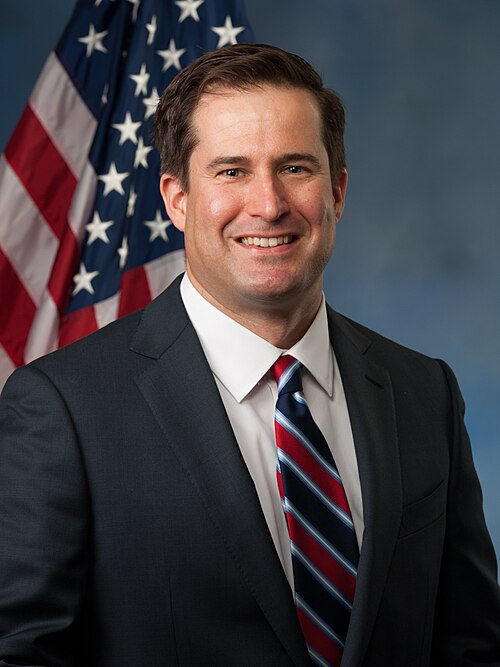
Co-Sponsor
-
TrackJerrold Nadler

Co-Sponsor
-
TrackEleanor Holmes Norton

Co-Sponsor
-
TrackJimmy Panetta

Co-Sponsor
-
TrackScott H. Peters

Co-Sponsor
-
TrackMike Quigley

Co-Sponsor
-
TrackDelia C. Ramirez

Co-Sponsor
-
TrackEmily Randall

Co-Sponsor
-
TrackDeborah K. Ross

Co-Sponsor
-
TrackRaul Ruiz

Co-Sponsor
-
TrackAndrea Salinas

Co-Sponsor
-
TrackMary Gay Scanlon

Co-Sponsor
-
TrackKim Schrier

Co-Sponsor
-
TrackTerri A. Sewell

Co-Sponsor
-
TrackBrad Sherman

Co-Sponsor
-
TrackMikie Sherrill
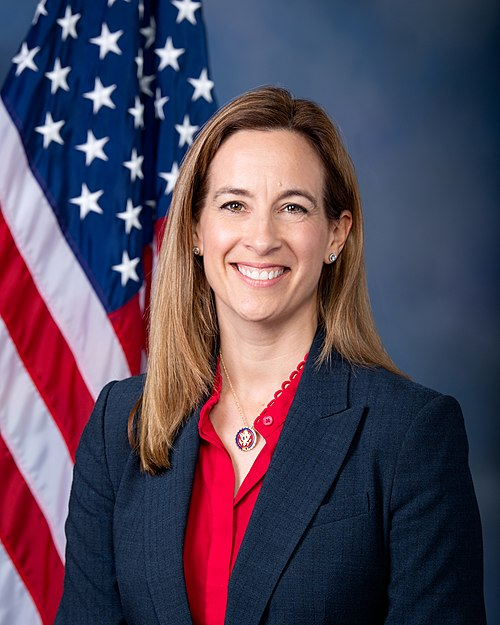
Co-Sponsor
-
TrackLateefah Simon

Co-Sponsor
-
TrackAdam Smith

Co-Sponsor
-
TrackMelanie A. Stansbury

Co-Sponsor
-
TrackGreg Stanton

Co-Sponsor
-
TrackHaley M. Stevens

Co-Sponsor
-
TrackThomas R. Suozzi

Co-Sponsor
-
TrackEric Swalwell

Co-Sponsor
-
TrackEmilia Strong Sykes

Co-Sponsor
-
TrackShri Thanedar

Co-Sponsor
-
TrackDina Titus

Co-Sponsor
-
TrackRashida Tlaib

Co-Sponsor
-
TrackJill N. Tokuda

Co-Sponsor
-
TrackPaul Tonko

Co-Sponsor
-
TrackRitchie Torres

Co-Sponsor
-
TrackLori Trahan

Co-Sponsor
-
TrackLauren Underwood

Co-Sponsor
-
TrackJuan Vargas
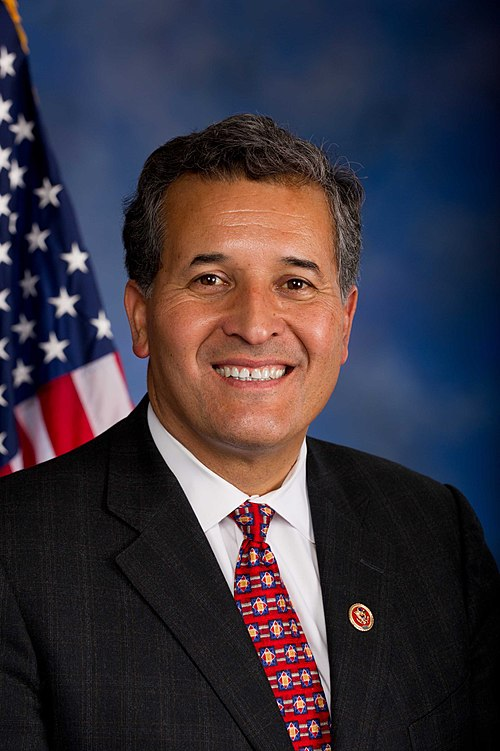
Co-Sponsor
-
TrackNydia M. Velázquez

Co-Sponsor
-
TrackNikema Williams

Co-Sponsor
-
TrackFrederica S. Wilson

Co-Sponsor
Actions
2 actions
| Date | Action |
|---|---|
| Jun. 11, 2025 | Introduced in House |
| Jun. 11, 2025 | Referred to the House Committee on Energy and Commerce. |
Corporate Lobbying
0 companies lobbying
None found.
* Note that there can be significant delays in lobbying disclosures, and our data may be incomplete.





